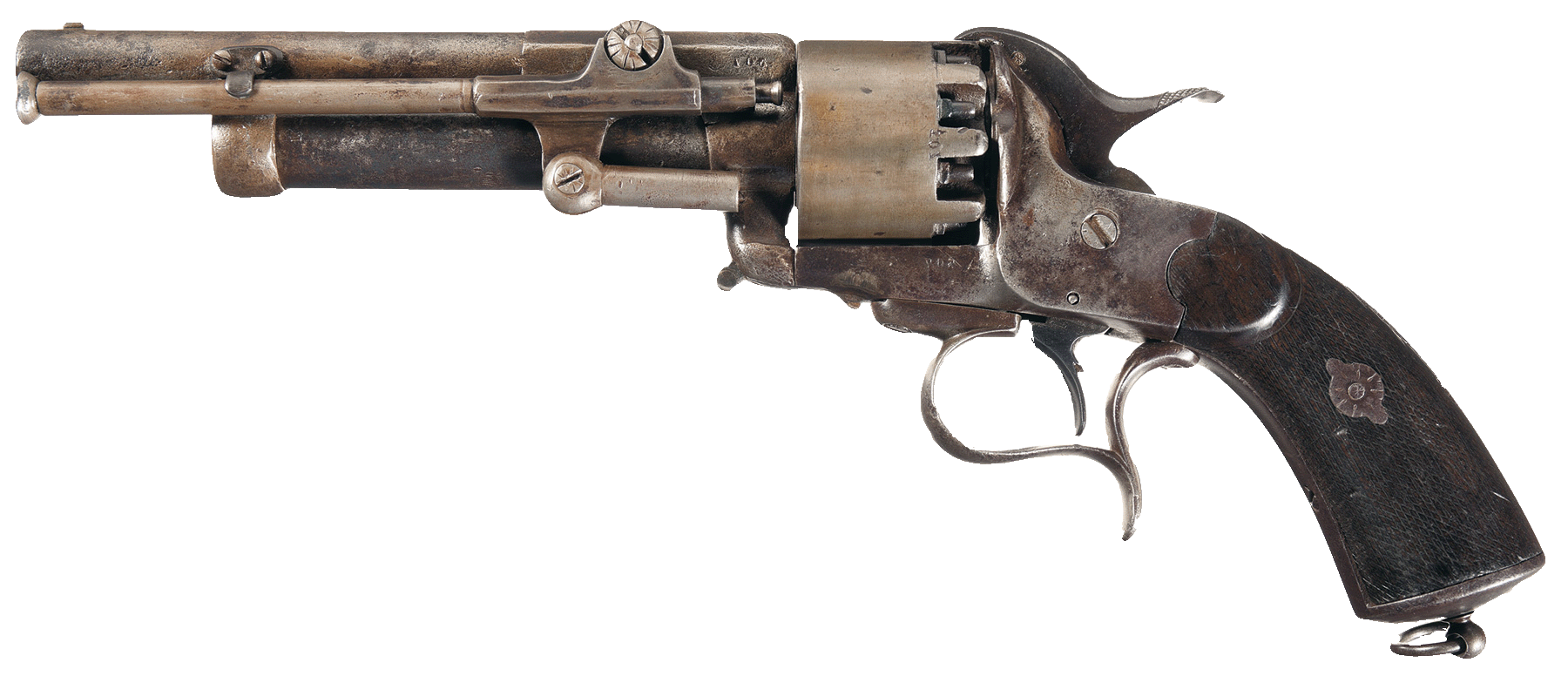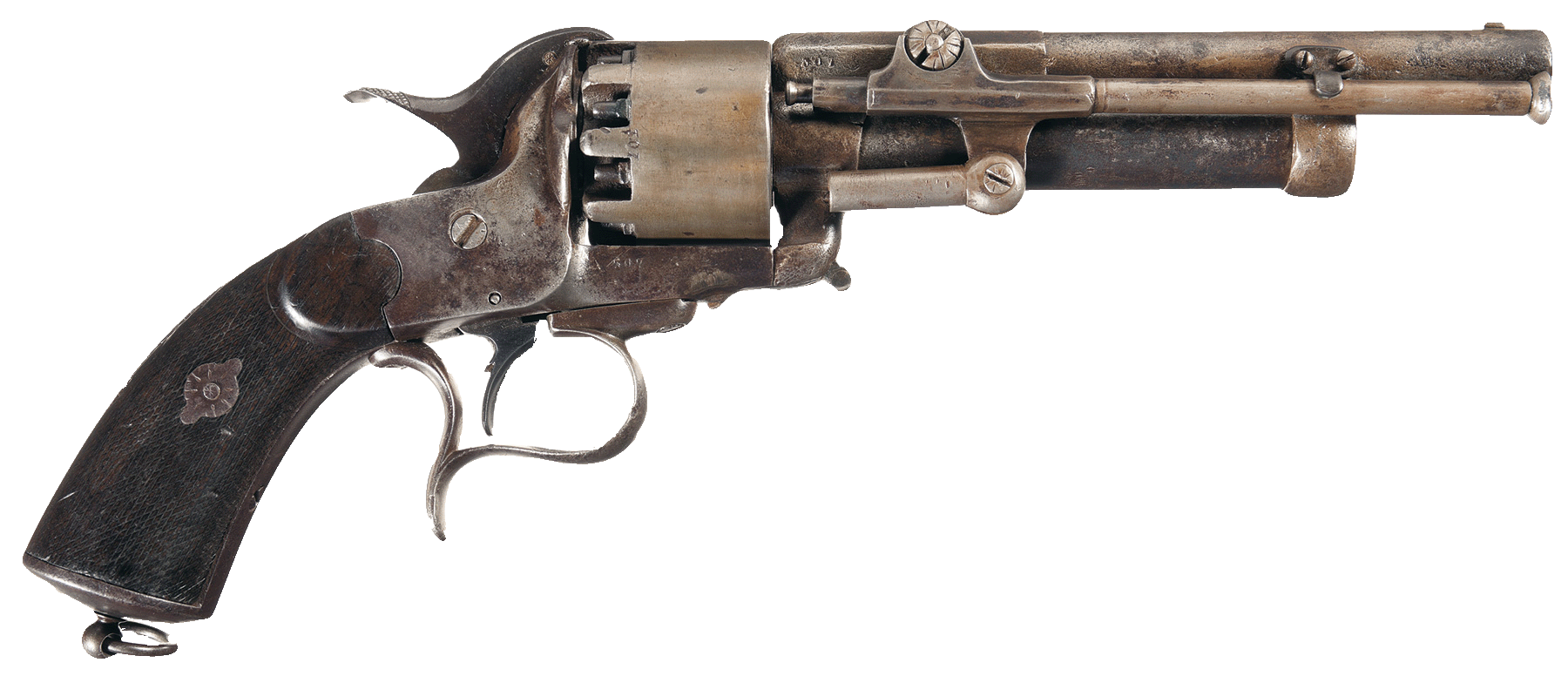
The continuing war for control of the Mississippi River between the Confederacy and the Union culminated in the major siege operations at Vicksburg and Port Hudson in the summer of 1863. Because of these campaigns, many smaller actions took place in communities of less strategic value which otherwise may never have directly experienced the sights and sounds of battle.
Two such engagements occurred at Jackson, Louisiana in 1863 as a result of the Union campaign to take Port Hudson. The first action occurred when a large Federal foraging expedition was moving through the area. Approximately two hundred wagons with cavalry and infantry escort, commanded by Colonel Halbert Greenleaf, set forth from the Federal siege lines at Port Hudson on their way to Jackson on the morning of June 20th. Plantations and farms were visited along the twelve mile route in search of cotton bales to be used in the siege lines.
The wagon train, which stretched over two miles in length, reached the intersection where the Jackson Port Hudson Road crossed the Jackson-Clinton Road. As the Federal expedition singled out the Keller Plantation just north of the crossroads, Colonel Thomas R. Stockdle’s Mississippi Cavalry Brigade swept over the column with little warning. The brief fight stampeded the huge wagon train giving the Confederates ample opportunity to take fifty wagons, two hundred mules, and fifty prisoners.
A second engagement occurred at Jackson on August 3rd. A recruiting expedition from Port Hudson, numbering between 350 and 500 men under the command of Lieutenant Moore Hanham, reached Jackson late in the day on August 2nd to recruit blacks for the Twelfth Corps d’Afrique. The following evening, a force of about 500 Confederate cavalrymen, under the command of Colonel John Logan, struck the Union soldiers drawn up in a battle line on the campus of Centenary College. After a brief stand, the Federals were routed from the town with the loss of between eighty and one hundred men, two field pieces, and numerous supply wagons. Logan stated that he lost only twelve men killed or wounded.
Before the Federal forces isolated Port Hudson from the surrounding countryside, Confederate forces used Centenary College buildings as a hospital. At one point, a company of the 4th Louisiana Regiment, the Lake Providence Cadets, commanded by Captain Charles R. Purdy, was stationed in Jackson to guard the town.
Each year the Jackson Living History Association sponsors the Battle of Jackson Crossroads and tries to make it as historically accurate as possible.



